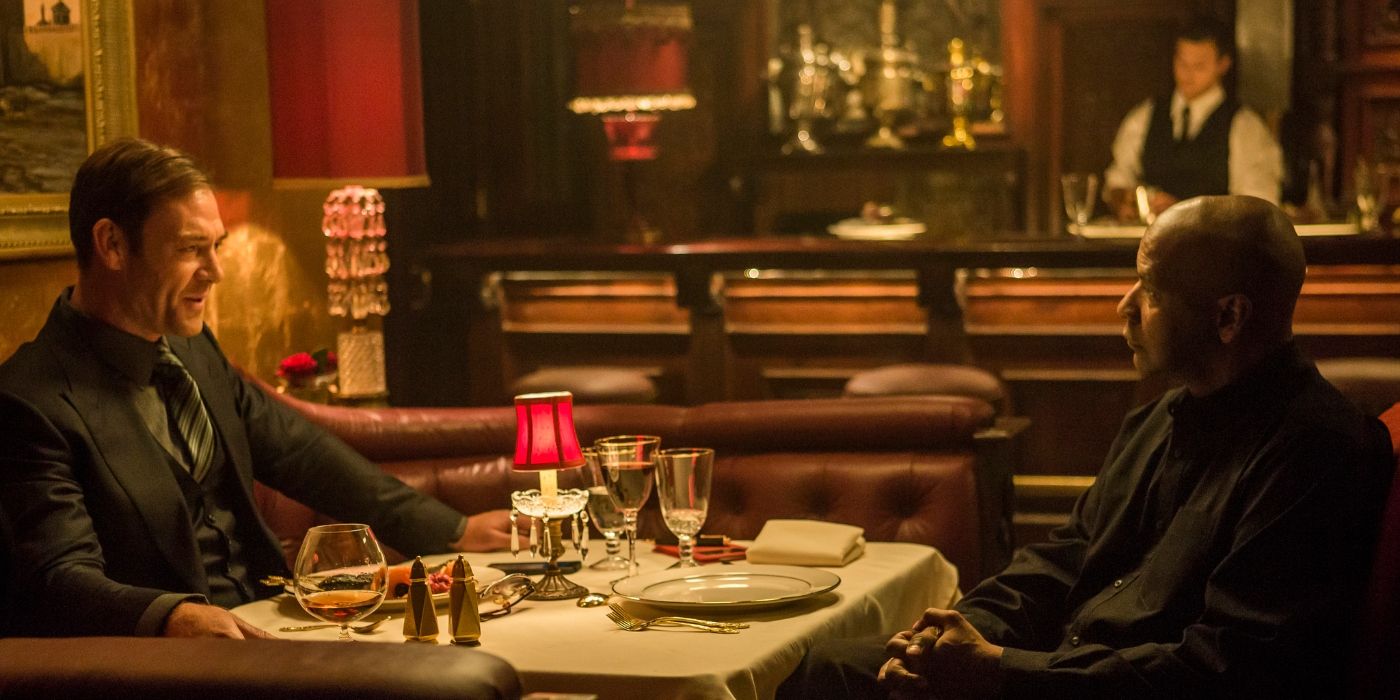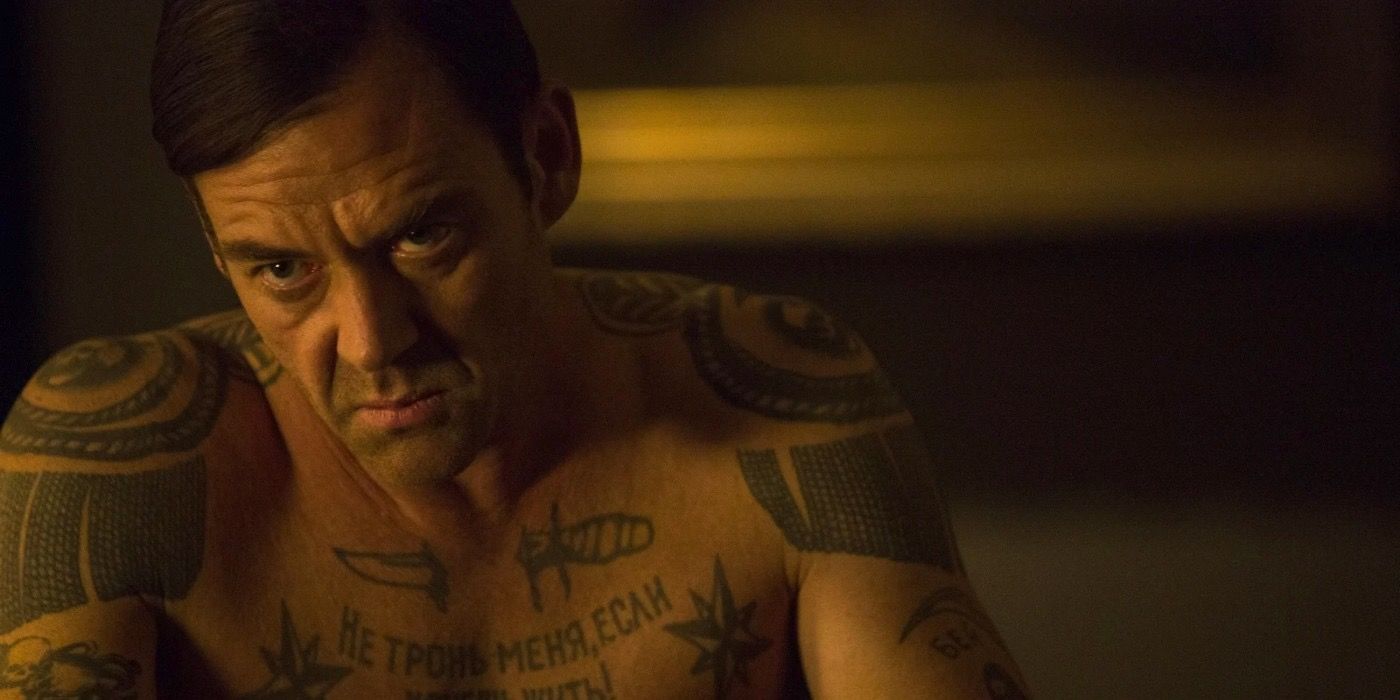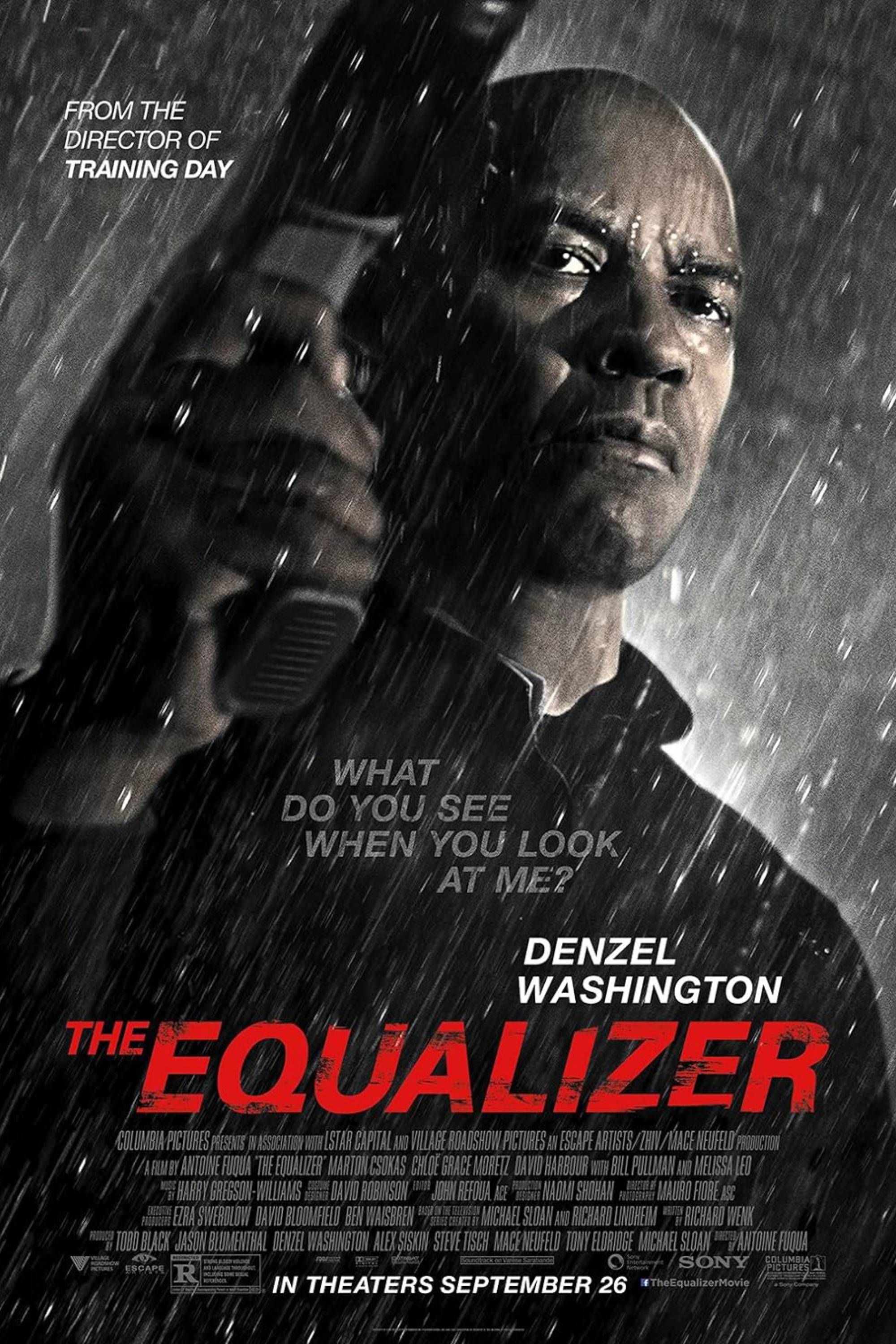Denzel Washington delivers an incredible monologue to The Equalizer’s main villain, and it’s one where the subtext is pretty clear. Denzel didn’t have much luck with action movies before 2004’s Man on Fire, with this Tony Scott thriller casting him as a bodyguard on a relentless quest for revenge. Other notable Denzel Washington action movies include Unstoppable and The Book of Eli. Denzel even found himself an action franchise with The Equalizer movies.
This trilogy was based on the classic TV series of the same name, with Washington’s McCall being a retired DIA operative who unretires to “equalize” injustice wherever he finds it. It’s a part that suits it’s leading man perfectly, with McCall being an honorable man who is skilled at both eloquent speeches and kicking ass. The Equalizer 3’s ending suggests McCall has called time on his days as a vigilante, but in the original film, he seemed to find renewed purpose in life by taking down a Russian crime ring.
Related
Where To Watch The Equalizer Trilogy
Here is where to watch The Equalizer trilogy at home, including 2023’s The Equalizer 3 and rental options for all three Robert McCall films.
Denzel Washington’s Robert McCall Recounts A Story About An Orphan Who Killed His Adoptive Parents
One of The Equalizer’s most famous scenes sees McCall confront villain Teddy
McCall kicks a hornet’s nest when he starts to disrupt business for this gang, to the point where a vicious enforcer named Teddy (Marton Csokas) is called in to take care of him. Now, the original Equalizer has many great scenes, including McCall’s first fight scene and, of course, the gory showdown in the home improvement store. One of Washington’s best moments sees McCall and Teddy sitting across from each other as the former gives the enforcer one last chance to back down before he takes the business down “Brick by brick, dollar by dollar, body by body…“
Of course, Teddy is a ruthless killer for a Russian syndicate, so despite McCall’s body count, he’s still not impressed by his opponent. In response to Teddy’s question “When you look at me, what do you see?“, McCall launches into a monologue about a story he once heard from a Russian police captain. This involved a famous scholar in Moscow, who adopted a troubled orphan boy into his family. The Equalizer’s McCall states this boy was considered a lost cause who was prone to violence.
McCall underlines that the killer was never found, but he believes it was the boy who did it since he was so terrified this kind man would one day abandon him.
However, no matter what this boy did or how much trouble he got into, the scholar showed him nothing but love and patience. Ultimately, this man and his family “broke through” to the boy – only for tragedy to strike. The man and his wife were killed in a home invasion, and McCall reveals the boy was sent back to his hellish orphanage in the aftermath. McCall underlines that their killer was never found, but he believes it was the boy who did it since he was so terrified this kind man would one day abandon him.
Is Teddy Supposed To Be The Orphan In Denzel Washington’s Equalizer Monologue?
As Teddy states, “It’s a well-known story”
Teddy is ever the poker player throughout this Equalizer monologue, though his body language suggests McCall’s tale is striking a chord. He also states this double murder is a “well-known story,” and while the movie never confirms it, the obvious reading is Teddy was the young boy who killed his adoptive parents. The story offers a unique insight into Teddy’s background and psychology, underlining that he has no emotional attachments or any real understanding of being loved.
|
The Equalizer Trilogy |
Budget |
Box Office Gross |
Rotten Tomatoes Score |
|---|---|---|---|
|
The Equalizer (2014) |
$55 million |
$192 million |
61% |
|
The Equalizer 2 (2018) |
$62 million |
$190 million |
52% |
|
The Equalizer 3 (2023) |
$70 million |
$191 million |
76% |
Assuming Teddy is indeed the boy from McCall’s monologue, he was raised in a violent, hopeless system, and one that made him feel unworthy of love. The fact he felt so unsafe being raised by an adoptive family that he intentionally destroyed it speaks to his rejection of emotion. This Equalizer moment highlights that – whether Teddy realizes it or not – McCall knows exactly who and what Teddy is, including what drives him.
In the spirit of fairness, McCall is giving this Russian killer a chance to back away – even though he knows Teddy won’t take it. McCall’s retort at the end of this scene to Teddy’s original question is “What do you see when you look at me?“, which is letting the enforcer know that no matter how tough he thinks he is, McCall is still going to win.
The Equalizer
trilogy director Antoine Fuqua also directed Denzel Washington in
Training Day
and 2016’s
The Magnificent Seven
.
How Denzel Washington’s Monologue In The Equalizer Contributes To Robert McCall’s Character
McCall is a different kind of vigilante
Had The Equalizer movie been produced during the 1990s, it may been a quippy action flick where McCall punched first and kept talk to a minimum. The part suits Denzel Washington so well because he is literally the thinking man’s action hero; McCall is about five steps ahead of the people he’s chasing, has thought of every contingency, and would rather avoid violence altogether. In fact, McCall never fires a gun throughout the entire film, often resorting to improvised weapons instead.
With the Teddy monologue, McCall is highlighting that he has done his homework, has studied the enemy, and is prepared to take the fight to the bitter end. There is a part of The Equalizer’s protagonist who enjoys burning down this operation and hurting those who destroy innocent lives, but if he can avoid bloodshed, he will. It’s little wonder McCall monologues became part of the sequels too, since they’re often as electrifying as the fight sequences themselves.
Source: YouTube, Rotten Tomatoes, The Numbers


